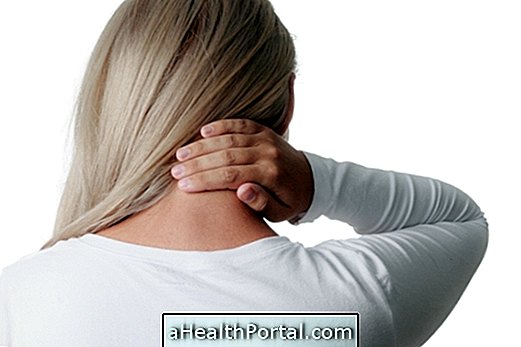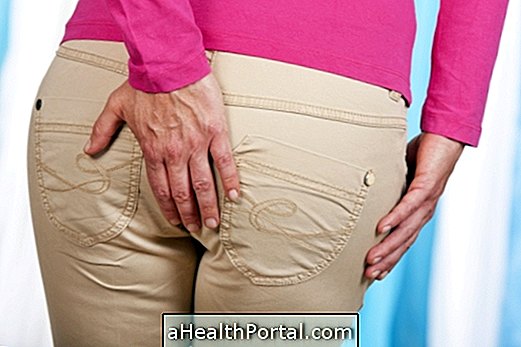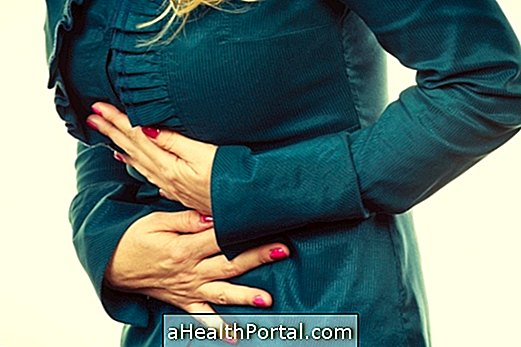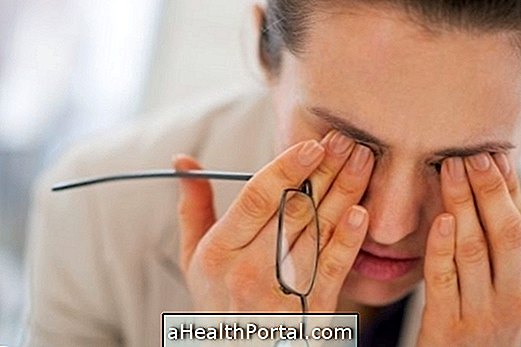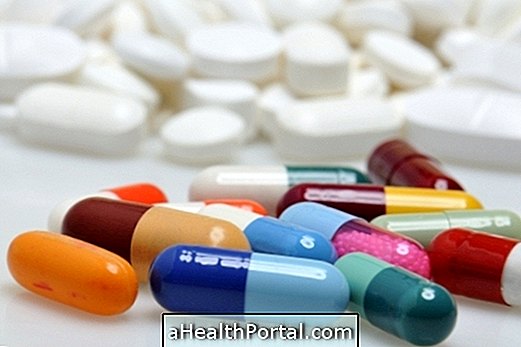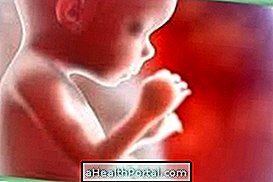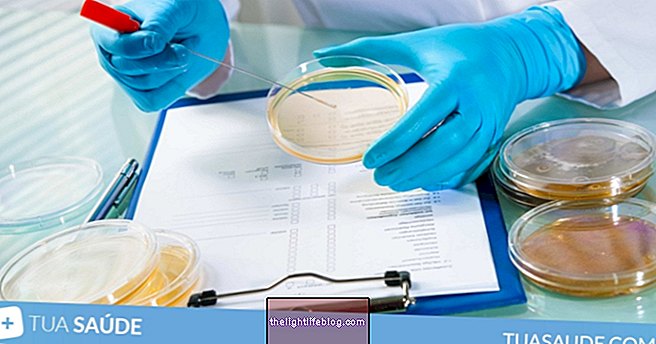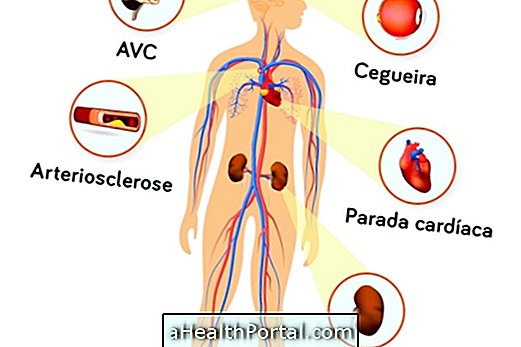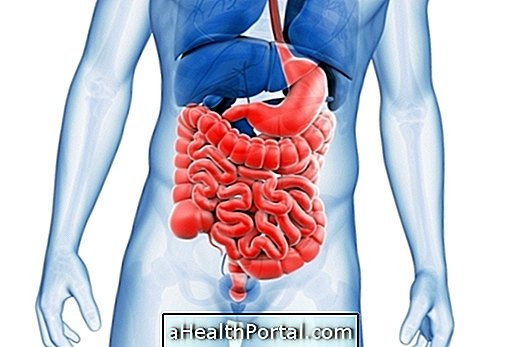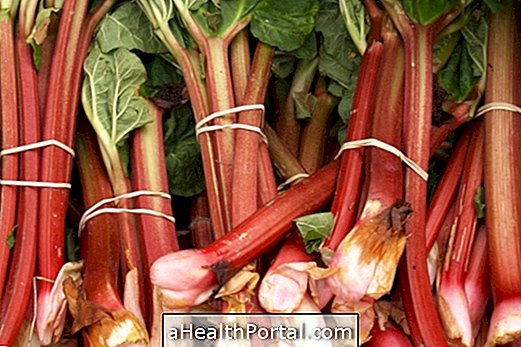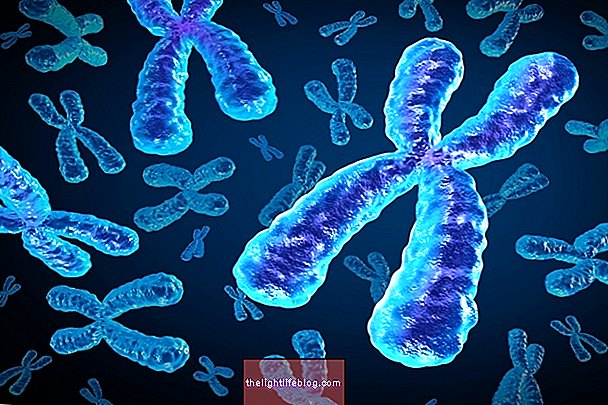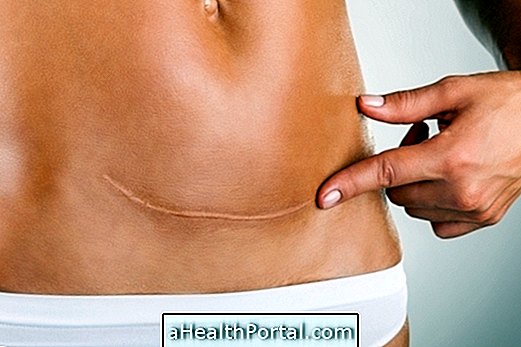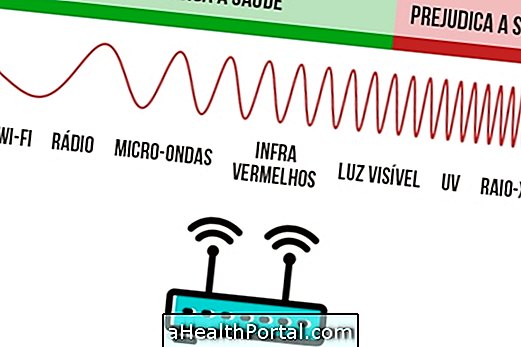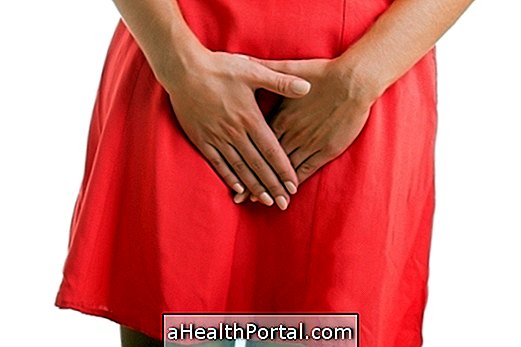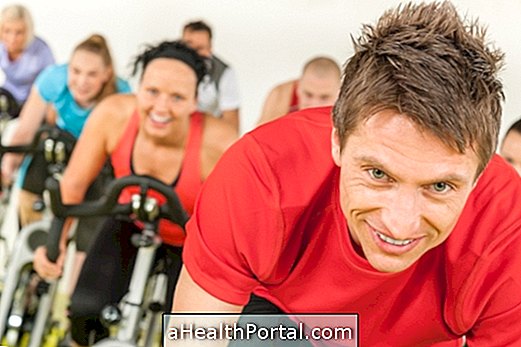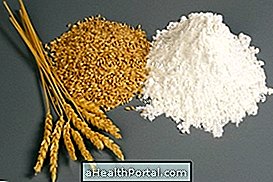Dehydration causes symptoms such as intense thirst, poor urination and dry mouth and is usually caused by excessive sweating during intense physical activity, very high room temperature or vomiting and diarrhea for several days, causing excessive elimination of water and minerals from the body, which is not replenished in the quantities necessary for the proper functioning of the body.
Dehydration is more common in children and the elderly because they usually do not feel thirsty and do not remember to drink water throughout the day, and the more serious the dehydration, the more evident are the signs of dehydration.
In addition, if the dehydration is not treated quickly it can lead to malfunctioning of the kidneys and heart, for example, causing severe headaches, rapid heartbeats and low blood pressure, which can endanger the life of the individual.
Symptoms of mild dehydration
When the dehydration is light the individual can present:
- Intense thirst;
- Strong headache;
- Hot body sensation, as if with fever;
- Dry and sticky mouth.
These symptoms usually appear after physical exercise and there is a lot of sweating or when it is very hot and the individual does not hydrate properly.
Symptoms of severe hydration
When hydration is severe in addition to the patient presenting with thirst, headache and mouth and dry skin, there may be other symptoms such as:
- Difficulty in thinking, which can cause confusion;
- Exaggerated physical fatigue;
- Eyes dry, dull and deep;
- Decreased amount of urine, very dark and smelling strongly;
- Slow motion;
- Cracked lips;
- Extremely dry skin, especially on the forehead.
These symptoms arise when the individual loses many fluids and the whole organism is affected, being necessary to make the treatment in the hospital with hydration by the vein.
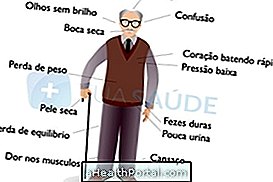

How to Identify Dehydration in Children
When the baby is dehydrated in addition to presenting the same symptoms as the adult, it is common:
- Crying without tears;
- Get easily irritated or sleepy;
- Little urine in the diaper, urinating less than 5 times a day and with a very strong smell.
- Moleirinha softer than usual when palpated.
In older children, they may have difficulty concentrating and learning at school and little desire to play. Here's how to rehydrate the baby and know when to go to the pediatrician for: Signs of dehydration in children.
How to identify dehydration in the elderly
Although older adults have the same symptoms of dehydration as adults, it is more difficult to identify dehydration. However, other symptoms that are important to be aware of are:
- Mental confusion, manifesting difficulty in maintaining a coherent discourse;
- Loss of balance, leading to frequent falls;
- Hard stools;
- Pain in the muscles;
- Weight loss;
- Low blood pressure and high heart rate.
Dehydration in the elderly should be promptly treated as it increases the chances of having infections such as pneumonia and kidney infections, for example.
Diagnosis of dehydration
The diagnosis of dehydration is done by the physician and can be done by observing the individual and identifying these signs.
In addition, it can be made sure that it is dehydration when a skin fold is pinched from the back of the hand and this skin slowly returns to its original state and to check the severity of the dehydration the doctor may also request a blood test and of urine.
Treatment for dehydration
The treatment of dehydration depends on the age of the patient, but in adults and children it is essential to ingest about 2 L of liquids per day and rehydration should be done through the ingestion of water, tea, fruit juices, milk and soup. It is also important to ingest fresh vegetables, such as tomato, fruit such as watermelon, fresh cheese and yogurt, for example. If the patient has difficulty in swallowing, one should hydrate by offering gelatin or gelled water, which can be found in pharmacies.
Hydration can also be achieved by ingestion of homemade whey or in a hospital setting with the use of serum injected directly into the vein. Here's how to prepare homemade whey at home:

In addition, during dehydration it is common for the lips to dry and crack, which can be quite painful and unpleasant. Here's how to moisturize dry and chapped lips by clicking here.
